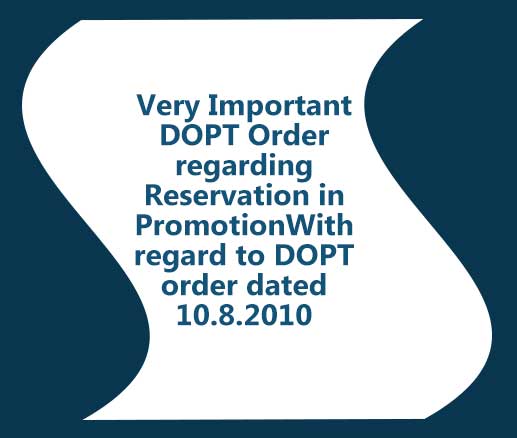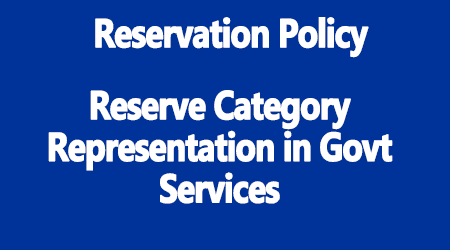In a big relief to the Tamil Nadu government, the Supreme Court on Tuesday granted protection for the continuance, for one more year, of the law that provides the Backward Classes, the Most Backward Classes and the Scheduled Castes/Scheduled Tribes 69 per cent reservation in jobs and education.
A Bench of Chief Justice S.H. Kapadia and Justices K.S. Radhakrishnan and Swatanter Kumar asked the State Backward Classes Commission to revisit the reservation issue on the basis of the quantifiable data in respect of the communities in question. If the Commission wanted to exceed the 50 per cent ceiling while re-fixing the quota, it could take into consideration the parameters laid down by the Supreme Court in the Mandal case judgment: compelling circumstances based on local conditions.
The Bench was disposing of a writ petition filed by Voice, represented by senior advocate K.M. Vijayan, questioning the validity of the quota law enacted in 1973 and its subsequent introduction in the Ninth Schedule of the Constitution. As stipulated in the Mandal case judgment, reservation should not exceed 50 per cent, he argued.
Cites historical reasons
Justifying the 69 per cent quota, the Tamil Nadu government, citing historical reasons, said that in 1981 reservation was fixed at 68 per cent and in 1990 it was pegged at 69. As per the 1991 census, the percentage of the SC/ST and Backward Classes population in the State’s total population was 88, and as against this, only 69 per cent reservation was provided.
The State maintained that the 50 per cent cap would not apply to Tamil Nadu, as in the same Mandal case judgment, an exception had been provided for peculiar facts and circumstances. “Prescribing a rigid 50 per cent ceiling in the matter of reservation would be contrary to the very spirit of the Constitution, and the objectives sought to be achieved by the Constitution.”
On Tuesday, Solicitor-General Gopal Subramaniam and Advocate-General P.S. Raman said though there was a cap of 50 per cent stipulated in the judgment, certain exceptions had also been made.
K.V. Mohan, counsel for the petitioner, however, wanted the 50 per cent cap maintained in the Tamil Nadu law too.
Disposing of the petition without expressing any opinion on the merits of the case at this stage, the Bench said the question raised in it was whether the 1993 quota law, which got presidential assent on July 19, 1994, was valid. Subsequent to the filing of the writ petition, Articles 15 and 16 (relating to reservation) were amended.
The Bench asked the State to place before the BC Commission the quantifiable data on the backward communities for a fresh determination of the quota. Until the exercise was completed, the interim order protecting the existing limit of quota would continue for one year.
source:Hindu



